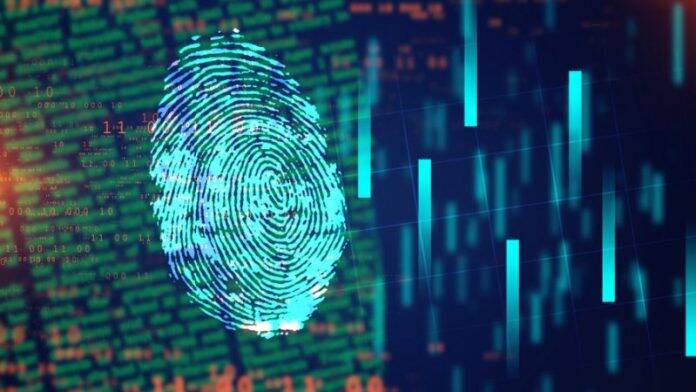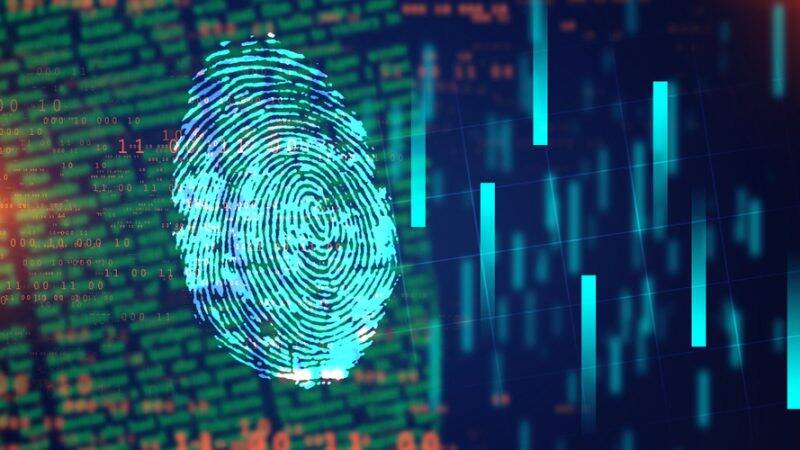Proving your identity in the real world is a simple affair. You only need to appear when you’re looking to book accommodation, rent a car, or open a bank account and furnish your proof of ID issued by the government or any other documents that may be necessary. In this instance, the entity you are dealing with can physically see who you are. You are physically present to show that you are what you claim to be.
However, this identification process is far more complex when it occurs in the digital sphere. In this case, you aren’t physically present to prove your identity and verify who you claim to be. Of course, sophisticated technologies now allow users to confirm their identities via biometrics remotely. But the process is more complex, and facilities need to have more security systems preventing fraud and deception.
However, the companies doing business with you still need to identify who you are. And,
sometimes, biometrics do not play a role. There should be a way to confirm your identity. It is where digital identity comes into the picture. Let’s look into what digital identity is all about.
What is Digital Identity?
All the information available online about any individual is referred to as digital identity. Unique identifiers and patterns of behavior that can be traced to any individual, organization, or device make up that particular entity’s digital identity. All information that constitutes your digital identity can be separated into two broad groups—the digital attributes you have and the digital activities you carry out.
All information that is personally identifiable to you is called your digital attribute. This
information forms the records accessed by private and public sector organizations and the
various government services. You use this information to avail various services extended by banks, pay your taxes, or apply for a job or enroll your kids into a school.
The online patterns you create with your search history, the activity you indulge in on social media, your mobile phone, and any other data, such as your location tracked by your device constitute your digital activity. The table below lists examples of each, further clarifying things.
Digital attributes might be as follows:
Date of birth.
Medical history.
ID numbers.
Government-issues ID cards.
Bank details.
Login credentials.
Email address.
Biometrics.
Digital activities consist of:
Likes, comments, and shares on various social sites.
Photos posted on social media.
History of purchase.
Search history.
Geo-tags.
Why does your digital identity matter?
Many are eager to find access to your personal data and are willing to go to great lengths to do so. It’s not just cybercriminals on the prowl looking to pounce on your data; you’ll be shocked when we tell you that your Internet Service Provider (ISP) can also be pretty willing to share your sensitive data at a hefty price.
Your ISP might be itching to sell such data to big business houses willing to pay millions for such information as it helps design targeted marketing campaigns. You’ll be surprised to know that even the iconic games might be guilty of parting with sensitive data. Therefore, it’s not just criminals lurking around you to steal your digital identity; there are big players in the form of business houses hunting for your digital identity.
Secure your digital identity
There will always be someone willing to pay top dollars to gain access to your digital identity details. You are at a risk of your digital privacy being violated with impunity. Here are steps you can take to protect yourself.
Use a password manager. With a password manager, you can manage all your
passwords in one place with strong encryption protecting them. These tools have built-
in features checking your passwords to see if they are weak, duplicate, or old.
Use a Virtual Private Network. Download a VPN to boost your privacy and security. A
VPN hides your IP address by setting up an encrypted connection between your device
and the internet. With your IP address hidden, your digital identity is obscured, which
makes it impossible to perform IP-based tracking.
Disable unnecessary settings. There is no reason to allow apps to track your location
around the clock. Instead, make programs require access rights every time you launch
them. In other cases, you might give certain access rights when you actively use them.
Minimize the data you share online. Even the most robust security tools won’t defend
you if you make the wrong decisions online. For instance, oversharing online is one of
the mistakes users make. It can facilitate criminal activity, like burglars learning the
exact dates when you are going to be away on holiday.
Conclusion
Your digital identity is your online presence. It’s how others see you in the world of the
internet. To put it simply, it’s who you are online. You should take care to protect your digital identity as it involves your privacy and security. With cybercrime rising steadily and big businesses willing to pay megabucks for your online details, you should be cautious of the risks to your security and take enough precautions like downloading a VPN.




